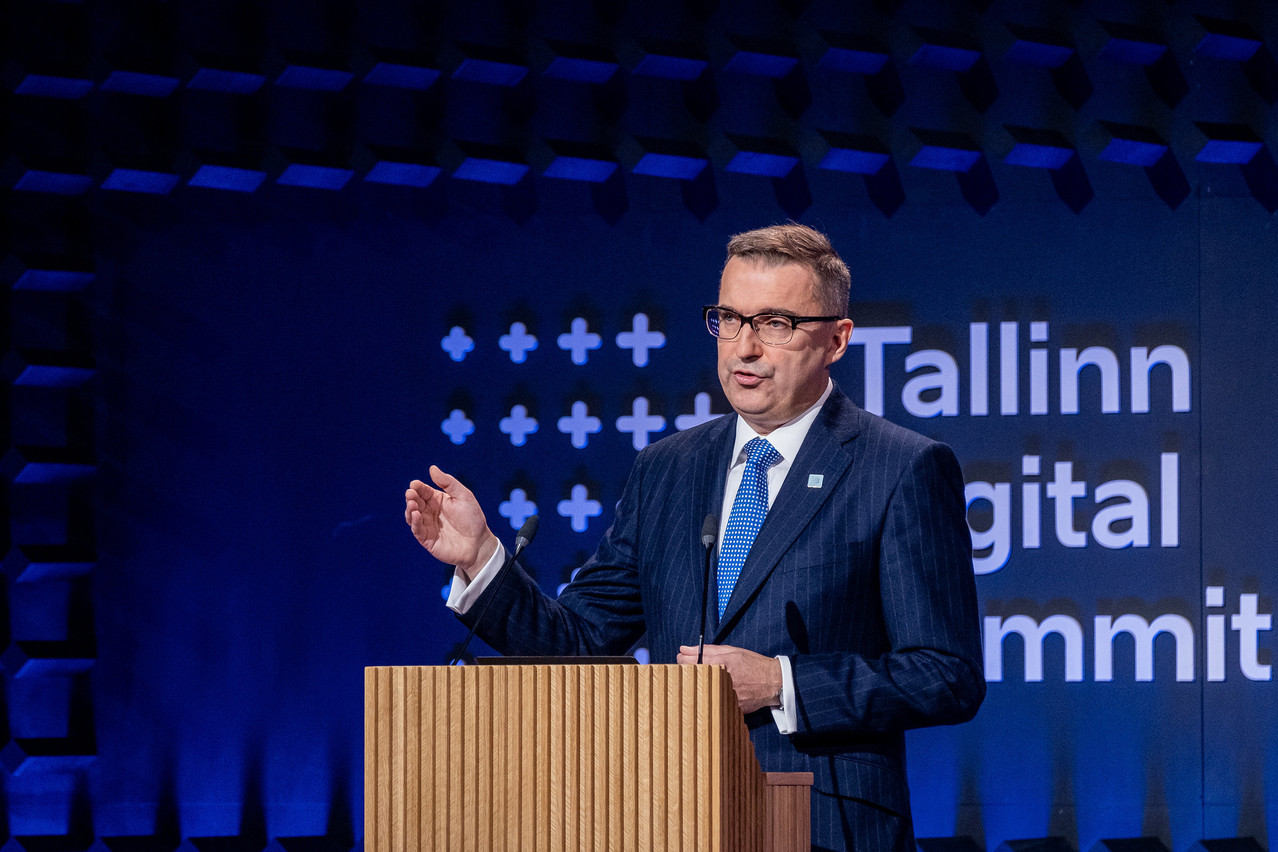Don't say 'sandbox' any more - it's so old-fashioned that no one would want to use it any more. Better to say "test-bed", to describe a participatory model of supervised development. "Partnering with a test-bed means having access to skilled scientific personnel and superior technology to develop and test new products before they are commercialised," analyses one of the world's leading experts, Daniel T. Schwartz, in a note about clean technologies, but which applies to many fields. "Historically, progress in research and technology [...] has been hampered by high costs and delays. There has also been a disconnect between technology deployers and researchers, which means that research and the vehicles to test and implement the research exist, but the two do not always meet. Test-beds [...] have become a model for overcoming these barriers, combining the best performers and brightest ideas to develop and deploy technologies [...] that are timely, cost-effective and sustainable."
This Tuesday, at the fourth Digital Summit in Tallinn, Estonia, "the world's most advanced digital company", as US magazine Wired describes it, launched its Digital Testbed Framework, "inviting anyone in the world to come and build or try out entirely new digital ideas, prototypes, products or services in a leading digital government framework. The deadline for applications is 10 October 2021."
Siim Sikkut, CIO of Estonia, added: "The problem that many start-ups face today is that the cooperation environment on which the public sector is based is old, outdated and rigid, making integration and collaboration difficult. As the saying goes, 'you don't have to reinvent the wheel', so we invite everyone to use the same technology stack we use to manage and build our own digital government for free. We want to partner with innovative people from all over the world and in a variety of sectors. Whether you're a coder looking to help improve Estonia's digital services, or an entrepreneur looking to test your solution with one of the most digitally advanced countries in the world, we'd love to connect with you."
An example of administrative simplification
No tenders, no contracts, no legal issues, the test-bed is a non-binding document in which the Estonian government gives access to its technologies and within certain limits to its data in return for a timetable for developing a technology or business model. If the start-up or company fails to meet this commitment, the government can immediately suspend the cooperation. If the project goes ahead, Estonia will be able to use the technology for free and the company will be able to commercialise it on a large scale.
If the small state, which has its e-embassy in Luxembourg, is hitting hard, it is not a novelty: the test-bed has been used nationally for Hoia, the local application for detecting Covid cases around one's home, for the speech recognition software used by the Parliament and created with the University of Tallinn, or Texta, the lexical recognition tool used by the ministry of justice, the ministry of education and various state entities.
It is also not really new in Luxembourg, where the term is used to describe the "Bermuda triangle of the connected car" between Luxembourg, Germany and France.
LuxQCI, the basis for a European project on quantum technology
It will soon be reused in a new futuristic project that is part of Luxembourg's recovery and resilience plan, the development and deployment of a test infrastructure and ultra-secure connectivity solutions, with an estimated budget of €30.15 million, including more than €20 million from Europe, according to the June version of the recovery plan.
Luxembourg is committed to the development of a European quantum communication infrastructure from 2019, which combines technologies on the ground and in the sky, via SES satellites. To design LuxQCI, Luxembourg has set up a consortium comprising Incert, iTrust Consulting, LuxConnect, LuxTrust and the University of Luxembourg (SnT) and led by SES' wholly-owned subsidiary, SES Techcom.
One of its main functions will be to ensure the distribution of quantum keys (QKD), a form of ultra-secure encryption that uses the principles of quantum mechanics. This will secure confidential data, power grids, government communications and digital transactions, including against attacks from quantum computers. The keys will be distributed by lasers on board the satellites: if someone tries to intercept the key, the signal will interrupt and reissue another key, making it difficult for hackers to work.
This article was originally published on . It has been translated for Delano.
